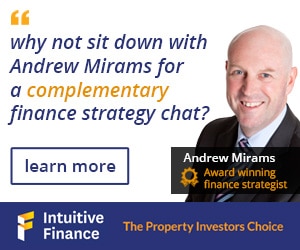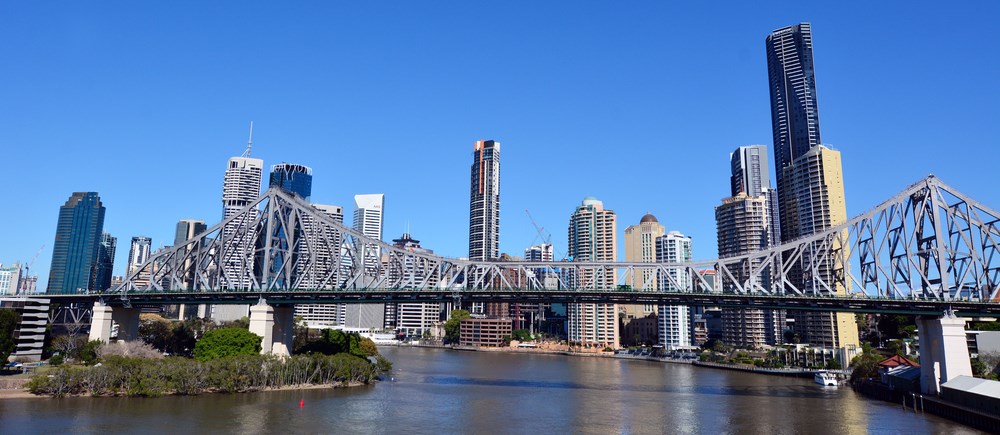Are Brisbane unit developments taking a breather?
Brisbane has been in the property news a lot, and not all of it has been complimentary.
The Sunshine State capital’s much publicised new unit oversupply has been hogging plenty of headlines, but is such coverage warranted?
Cranes, cranes everywhere
 Back in the days of Queensland Premier Peter Beattie, he’d often pronounce that the numbers of cranes in the sky proved that the State’s economic engine room was firing on all cylinders.
Back in the days of Queensland Premier Peter Beattie, he’d often pronounce that the numbers of cranes in the sky proved that the State’s economic engine room was firing on all cylinders.
If such a measure was indeed accurate, then Brisbane’s economy should have been a nation leader over the past few years as more and more developers staked their claim on valuable inner-city land.
As was always going to happen, supply ran ahead of demand, so that today Brisbane’s inner-city unit market is experiencing a period of short-term oversupply.
It’s important to understand, however, that the areas of oversupply are not only very limited, but also they tend to be in the city’s CBD-fringe suburbs, such as South Brisbane and Fortitude Valley, which is where more young people want to live.
The oversupply, however, is starting to have an impact with median unit prices down about 2.6 per cent, according to the Real Estate Institute of Queensland.
Has development slowed?
The start of the new unit building boom in Brisbane was probably around 2012 when the State’s economy was not only struggling with the declining resources sector but also the financial implications of the severe floods the year before.
At the time, no doubt, it was economically sound to promote unit development heavily as it created plenty of jobs and that is what the State desperately needed.
Also, there remained (and still does) large tracts of land ripe for unit development near the city as manufacturing continues its migration to outer suburbs and industrial parks.
Accurate figures are hard to come by, but supply is probably exceeding demand by a year or two at present.
The thing is that most developers have now exited the inner-city unit market because of that disequilibrium.
In fact, according to the Australian Bureau of Statistics, the trend estimate for the total number of dwelling units approved in Queensland fell 1.7 per cent in October and has fallen for four months now.
The number of approved dwellings that have been abandoned appears to be trending up, too, with the numbers no longer as lucrative as once they were.
Is Brisbane still a solid investment option?

Brisbane remains our third largest city with a strong program of infrastructure projects, plus it now has far more affordable housing than both Sydney and Melbourne.
While affordable housing isn’t usually enough of a reason for people to make the move north, the latest statistics seem to indicate that it is motivation enough for a growing proportion of our population.
According to the ABS, interstate migration into Queensland has been ramping up over the past few years and is now be at its highest level in nearly 10 years.
Over the 12 months to June, Queensland welcomed 17,426 new interstate residents, more than any other State or Territory.
History shows us that when the property price divide between Brisbane and the southern capitals becomes extremely pronounced, then many people opt for sunshine and housing affordability over the Big Smoke, which is what happened during the early- to mid-2000s when interstate migration into Queensland soared.
There’s no denying that Brisbane’s unit market is experiencing a period of softness, but with solid population growth as well as many of the developments being located in desirable inner-city suburbs, their long-term investment fundamentals remain strong.
Plus, you’re likely to pick up a solid property in the $300,000 to $400,000 price range within walking distance of the city.
Then you just need to keep your eyes on the horizon and not on the temporary supply bumps currently in play.
Getting the right financial advice
 Brisbane’s new unit market may be experiencing a period of oversupply, but it’s important to understand that this state of play is only temporary.
Brisbane’s new unit market may be experiencing a period of oversupply, but it’s important to understand that this state of play is only temporary.
The Brisbane property market generally remains a sound investment location given its economic fundamentals as Australia’s third-largest city.
The world of banking and finance can be a pretty daunting one for both novice and sophisticated investors, and since our establishment in 2002 we’ve focused on providing outstanding service and business standards.
This approach has been vindicated many times by our multi award-winning approach.
So, if you’d like to understand more about investing in Brisbane property, why not contact Intuitive Finance today to ensure you have the right information and expert support on your side from the very beginning.
Looking for expert advice on your home loan? Our Mortgage Brokers in Brisbane are here to help! Get tailored solutions for your financial needs—contact us today!
- Don’t buy property in a trust before reading this - February 3, 2026
- When should you refinance? Navigating RBA rate cuts and loyalty rates - January 23, 2026
- What the latest inflation data means for borrowers with the upcoming February RBA decision - January 20, 2026
